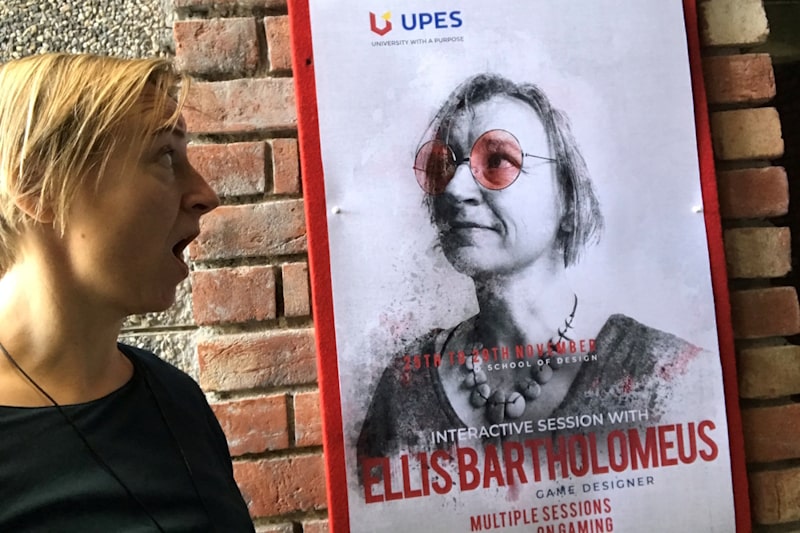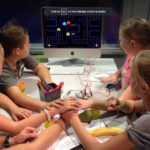I truly think that play is a very autonomous activity since “playing a game is the voluntary effort to overcome necessary obstacles” (bernard suits). The voluntary aspect of play is most important and most overlooked aspect when games are being designed, but the holy grail for motivation lies in the freedom to participate, to engage and re-engage, just as research shows:
The “What” and “Why” of Goal Pursuits: Human Needs and the Self-Determination of Behavior, Edward L. Deci and Richard M. Ryan (purchase online)
Studies have begun to look at internalization and treatment motivation. Pelletier et al. (1997) developed an internalization measure for psychotherapy and showed that more autonomous motivations were associated with greater satisfaction, less tension, more positive moods during therapy, and greater intentions to persist in treatment. Ryan, Plant, and O’Malley (1995) found that patients in an alcohol treatment program who reported more autonomous reasons for participating attended more regularly and were more involved in the treatment than were those reporting more controlled reasons. Finally, Zeldman, Ryan, and Fiscella (1999) found that patients in a methadone maintenance program who had more self-determined treatment motivation showed greater adherence, including fewer failures at random urine tests for illicit drug use. Further, perceived autonomy-support from clinic staff was also related to better outcomes.
And to conclude: play elicits autonomy too! Since we learn, progress, reflect…





